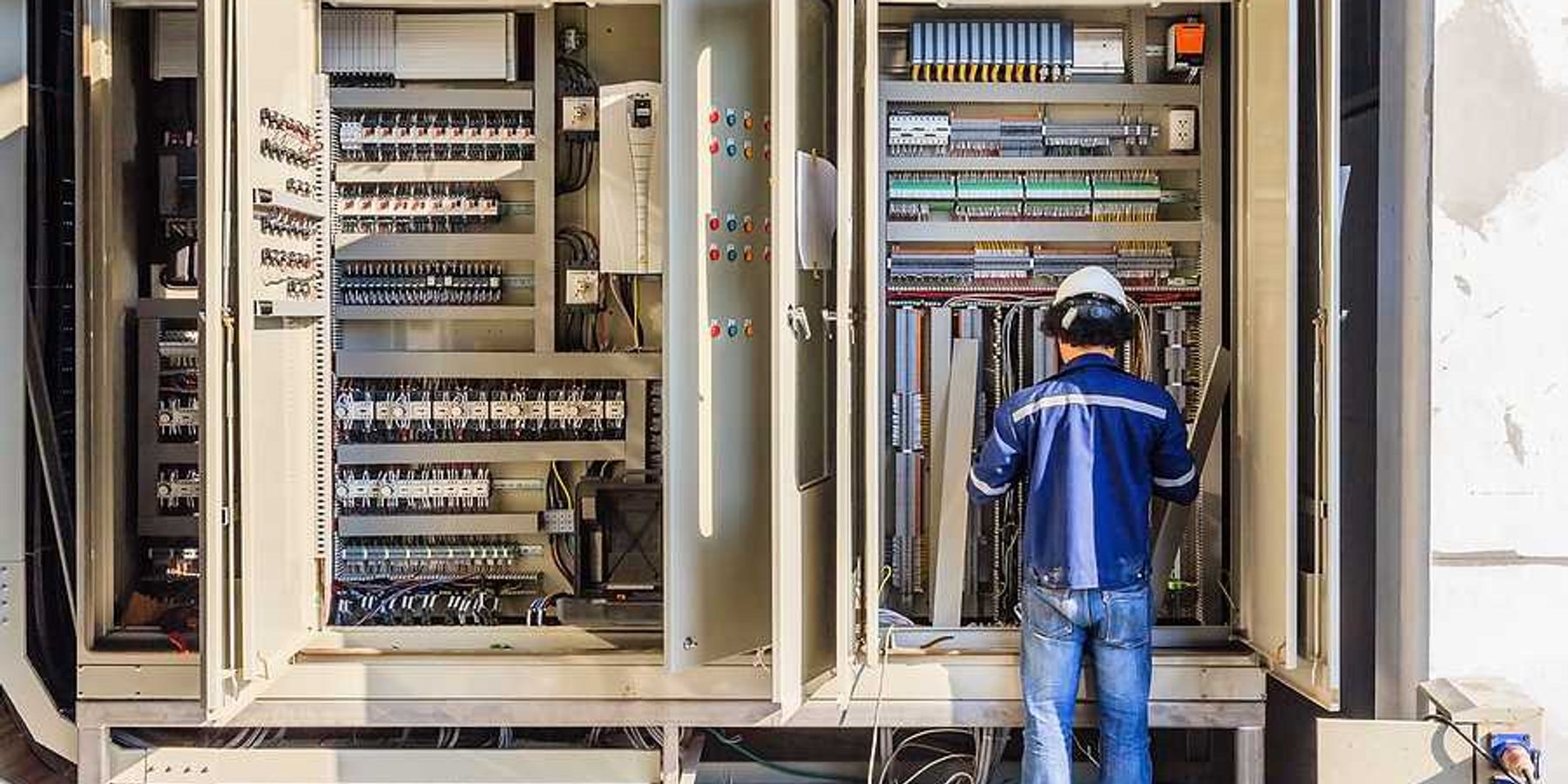11 September 2024
Proposed carbon pipeline will miss some ethanol plant emissions
The planned $8 billion carbon pipeline in South Dakota promises to capture CO2 from ethanol fermentation but will leave emissions from fossil-fuel-powered equipment untouched.
Joshua Haiar reports for South Dakota Searchlight.
In short:
- The pipeline aims to capture up to 18 million metric tons of CO2 from ethanol fermentation annually, but leaves 7 million tons from machinery emissions.
- CO2 from gas-powered equipment is harder to capture and more expensive due to its mixed composition.
- A report suggests ethanol production could achieve net-negative emissions by 2040 through carbon capture and other sustainability efforts.
Key quote:
"This is both a giant pipeline project and a drop in the bucket."
— Daniel Sanchez, assistant professor at the University of California-Berkeley’s Department of Environmental Science, Policy and Management
Why this matters:
Capturing only fermentation emissions limits the pipeline's environmental impact. Broader efforts are needed, including reducing natural gas use at ethanol plants, to meaningfully cut greenhouse gases.













